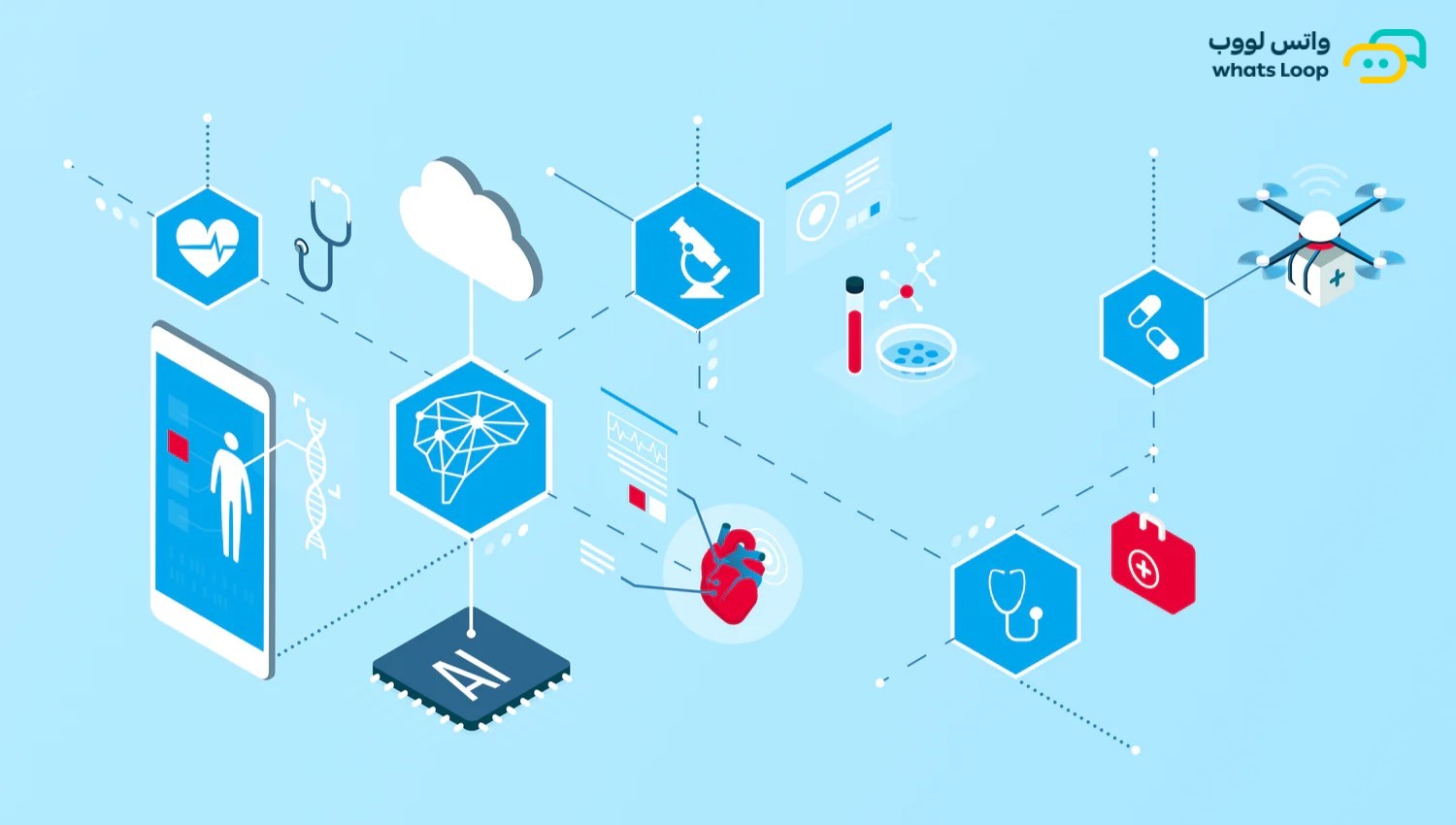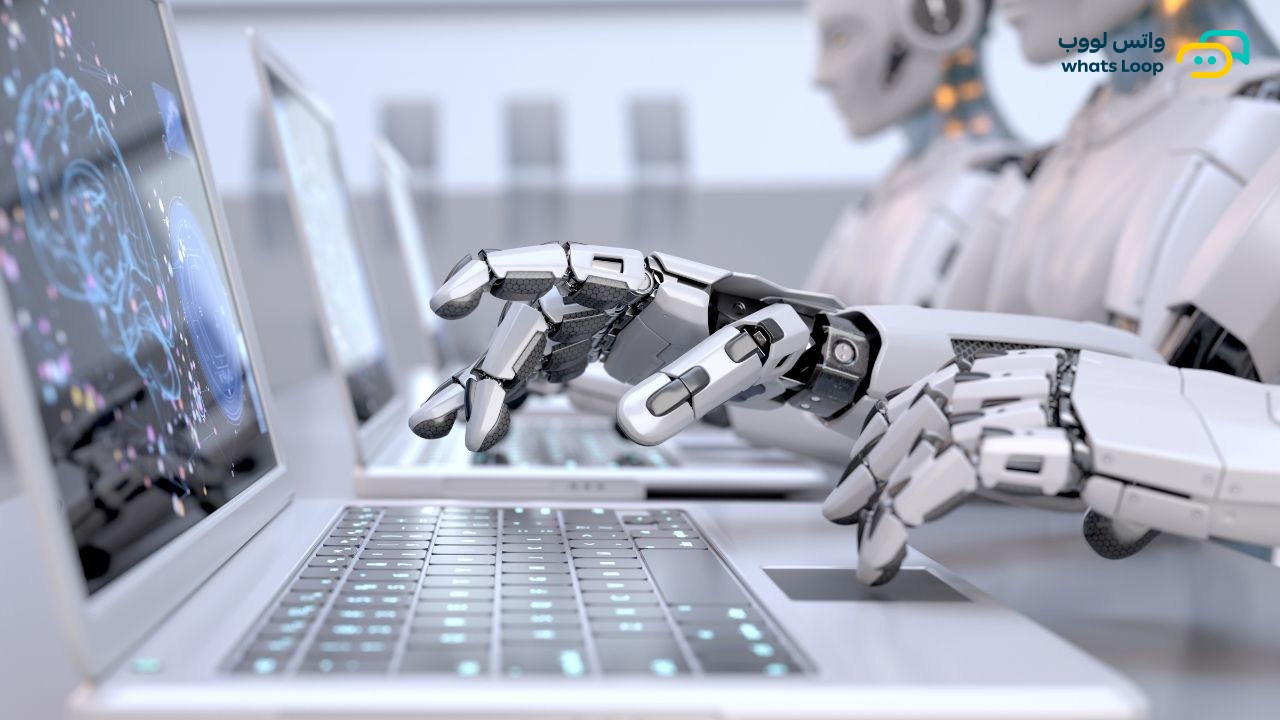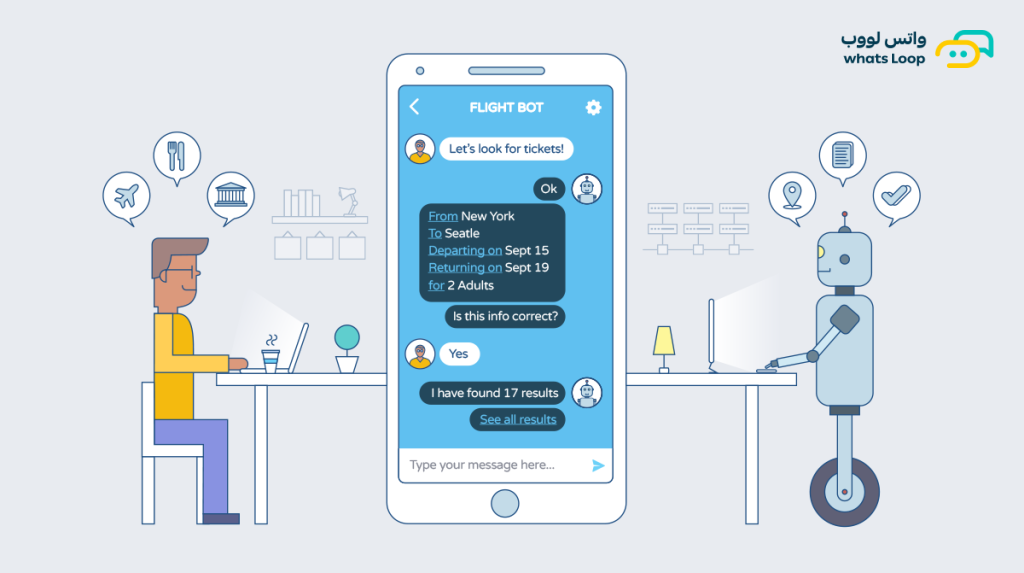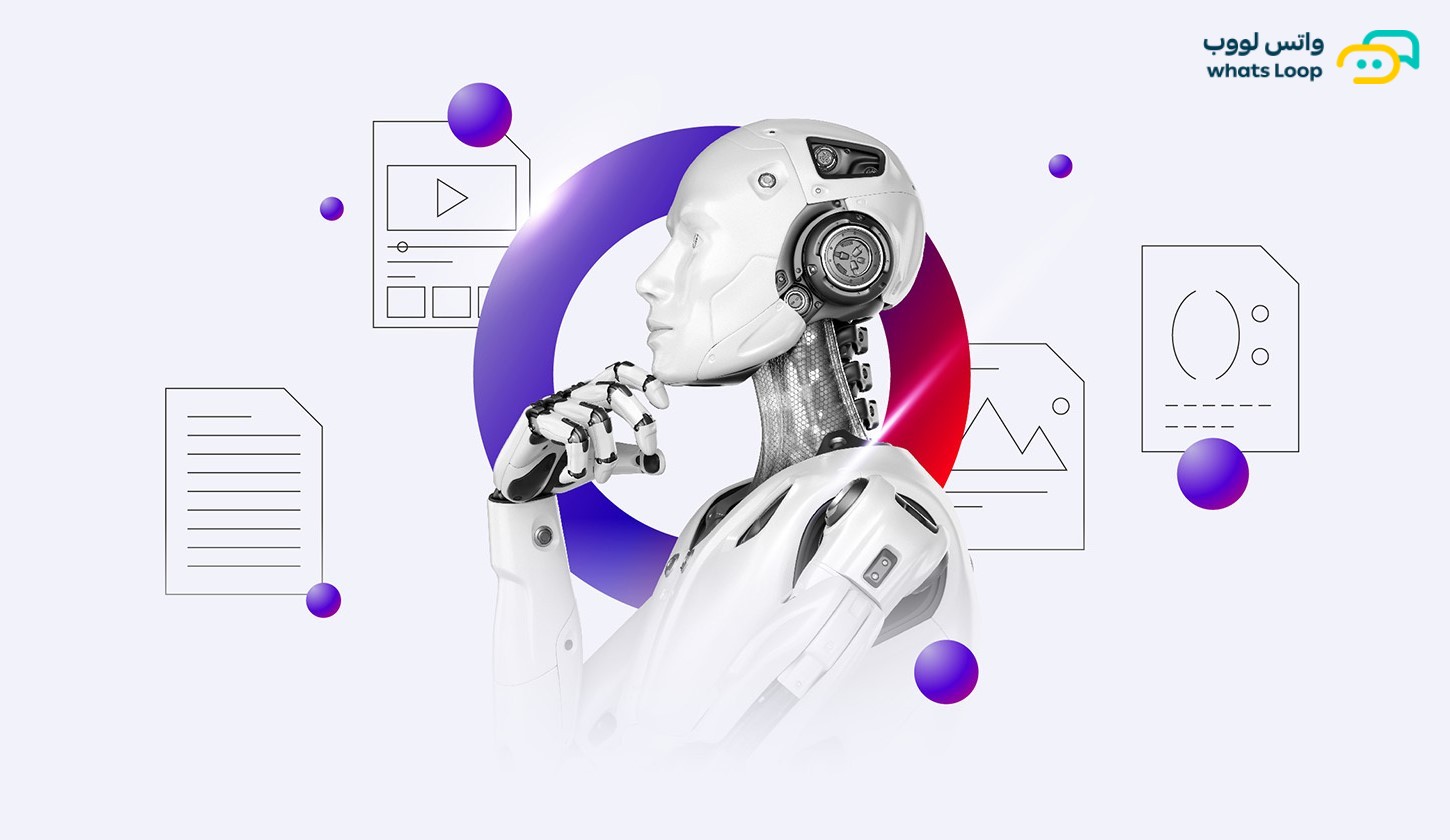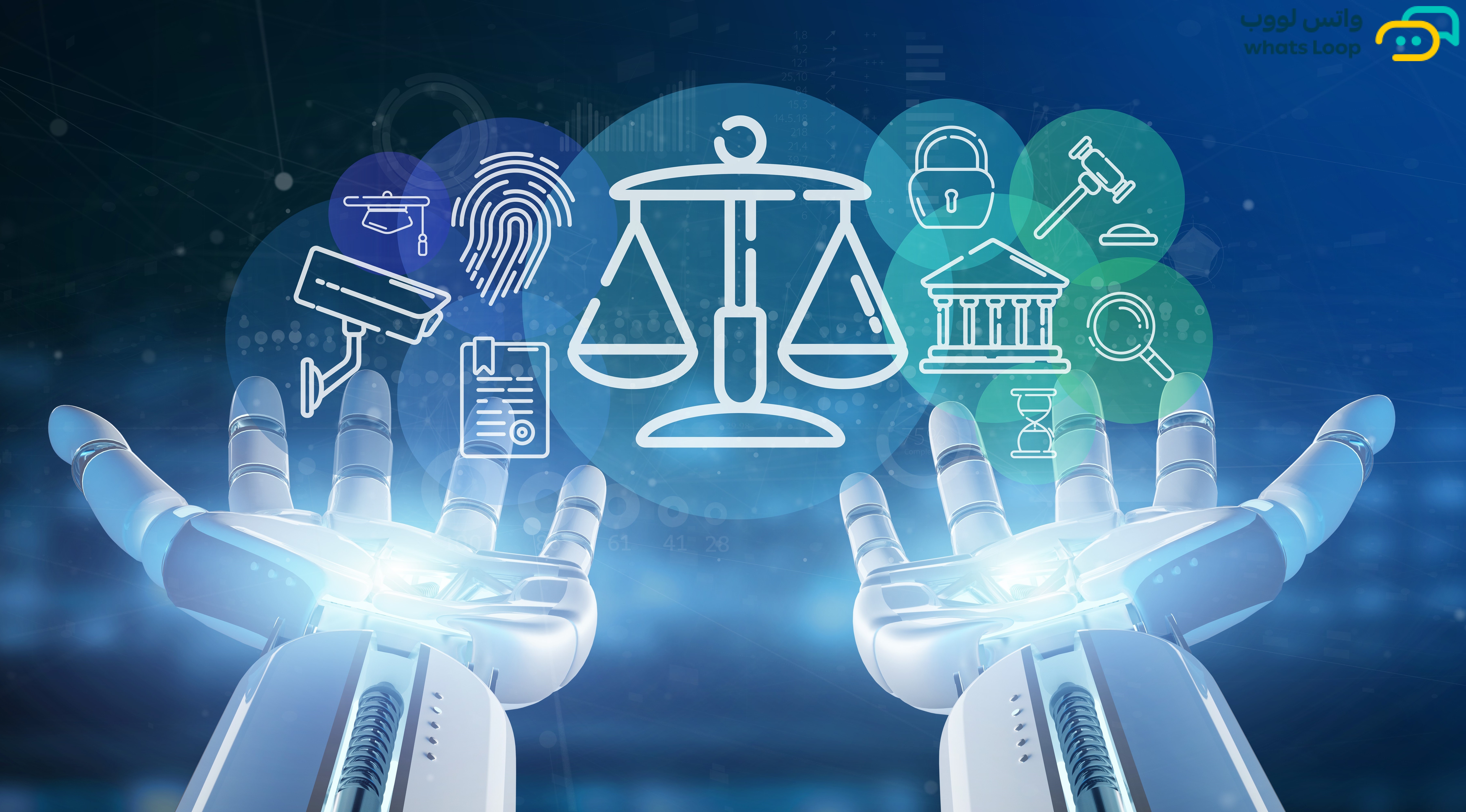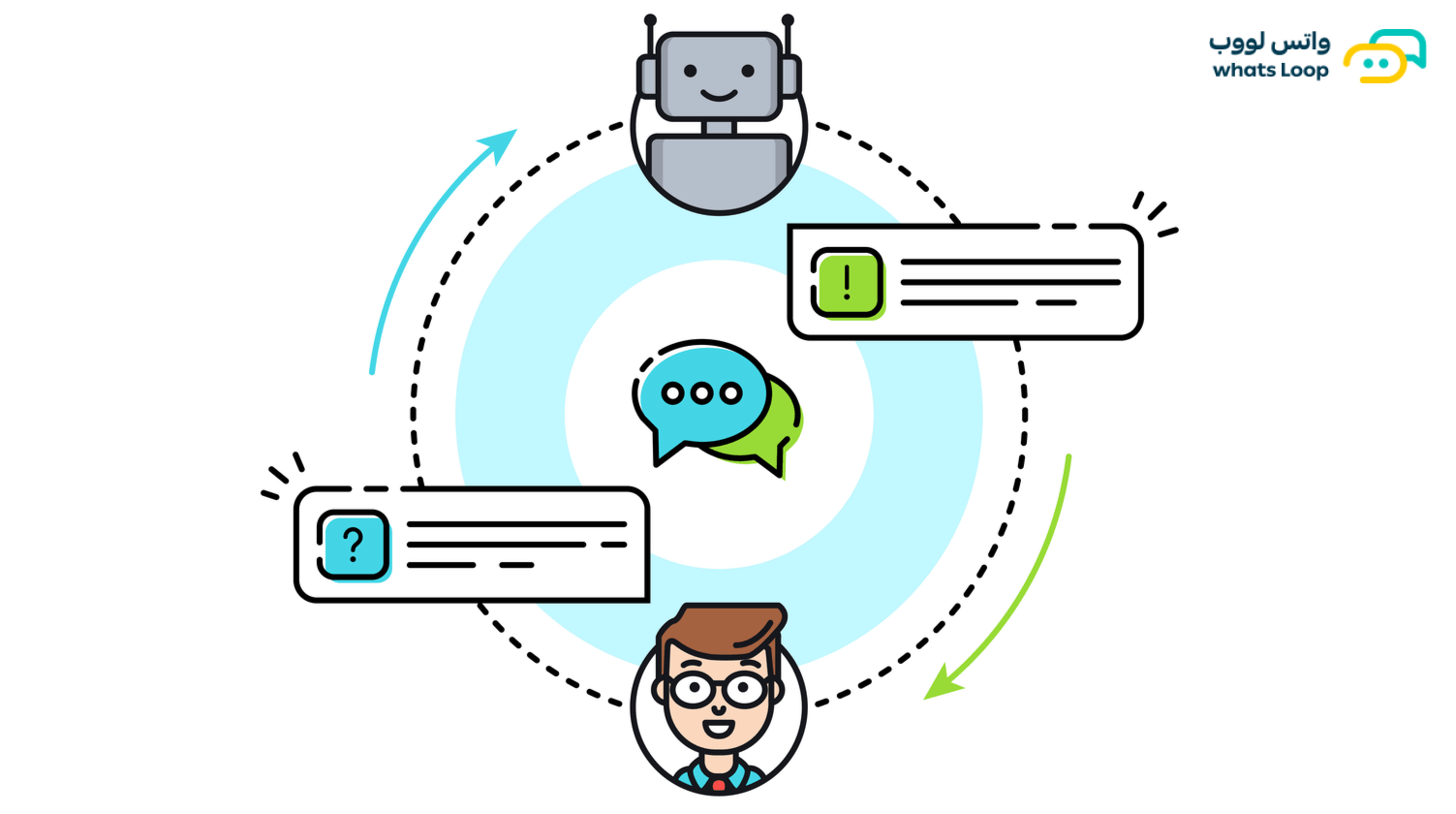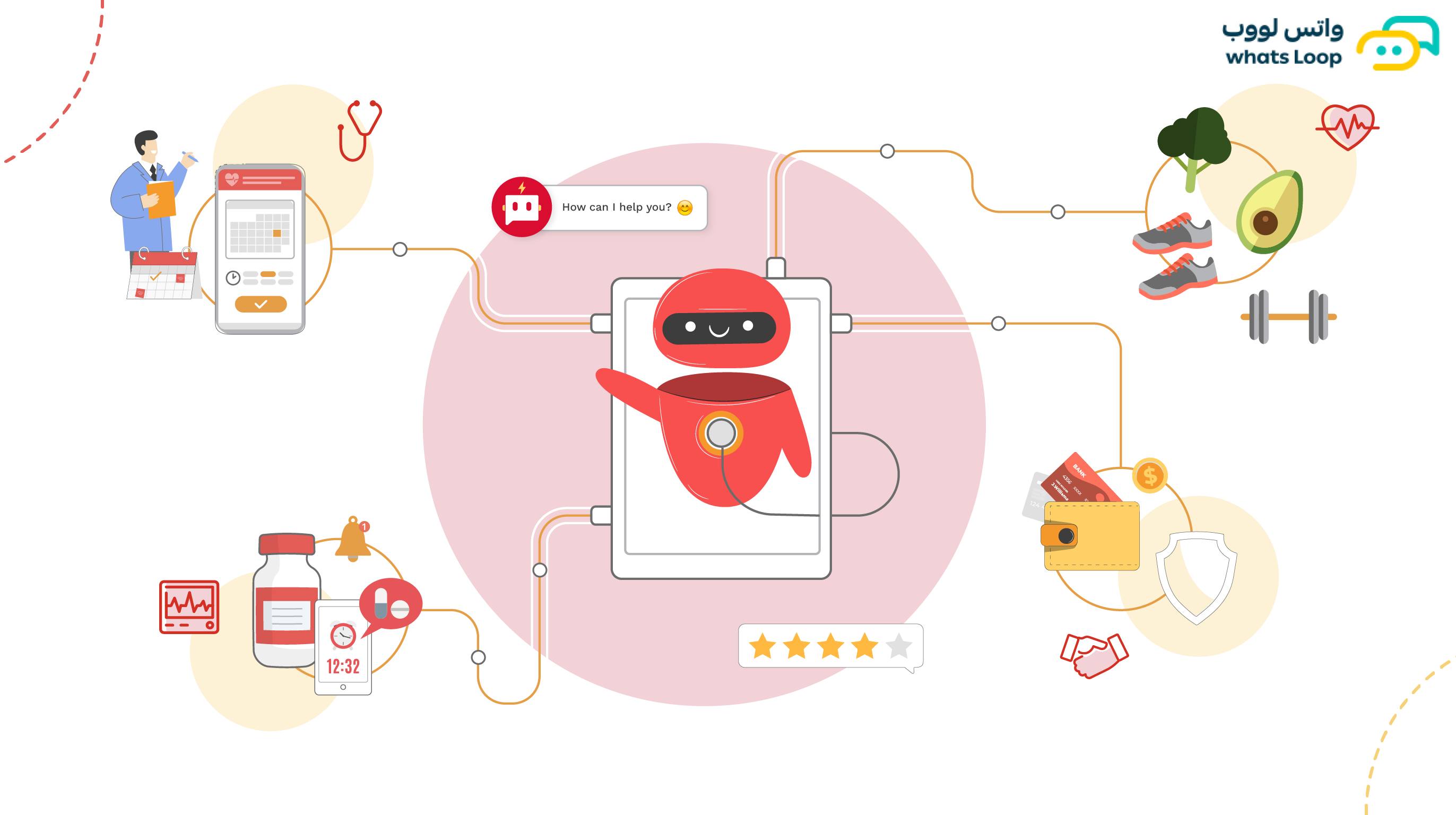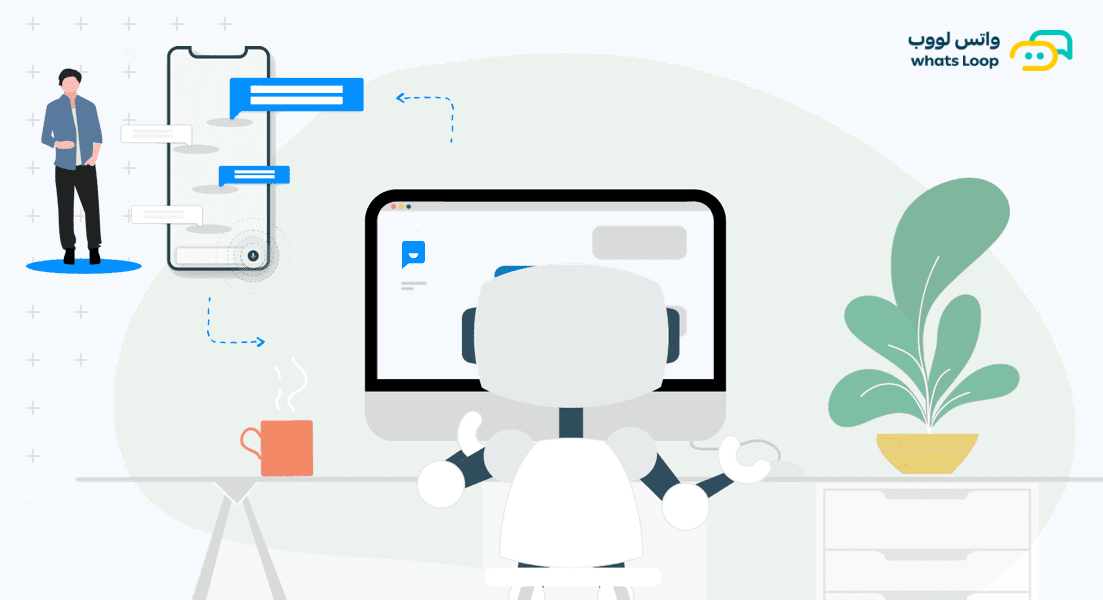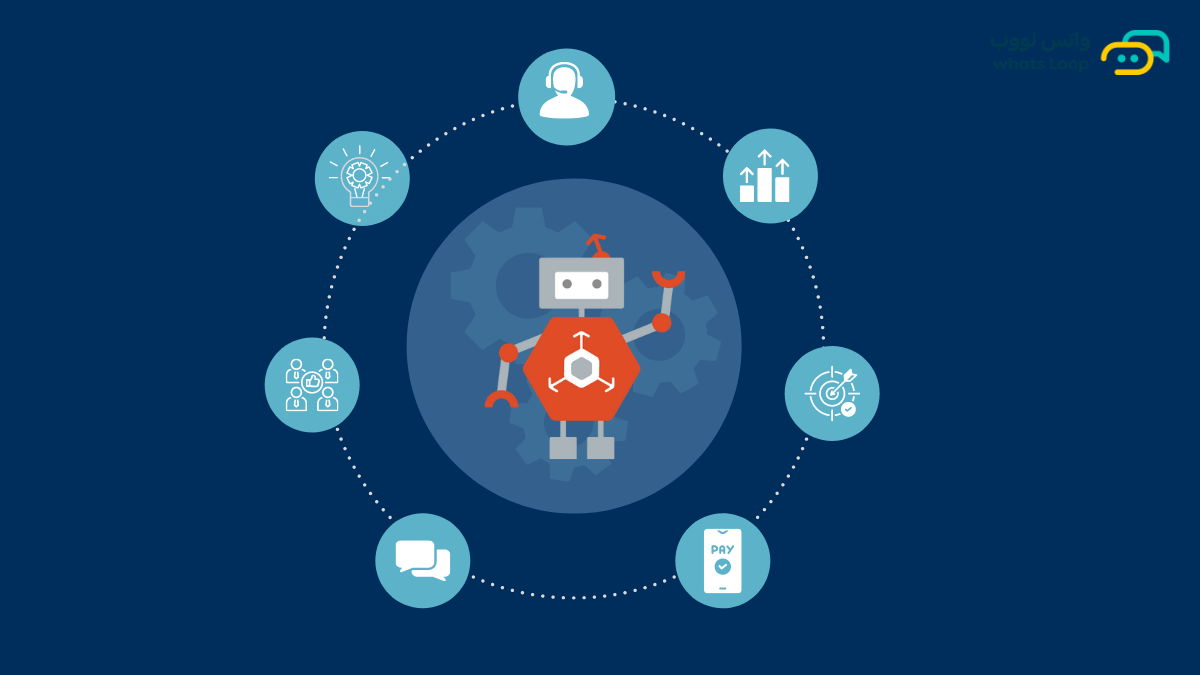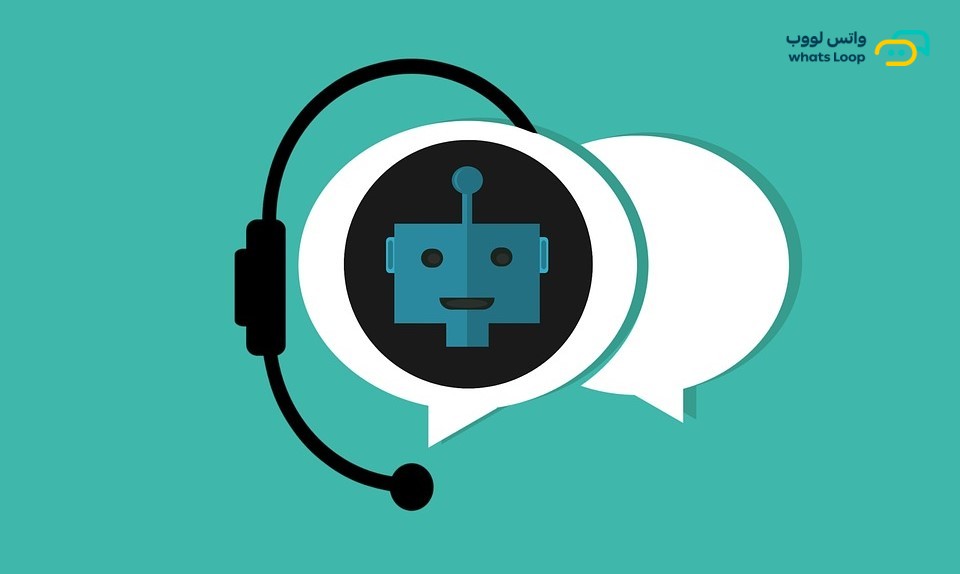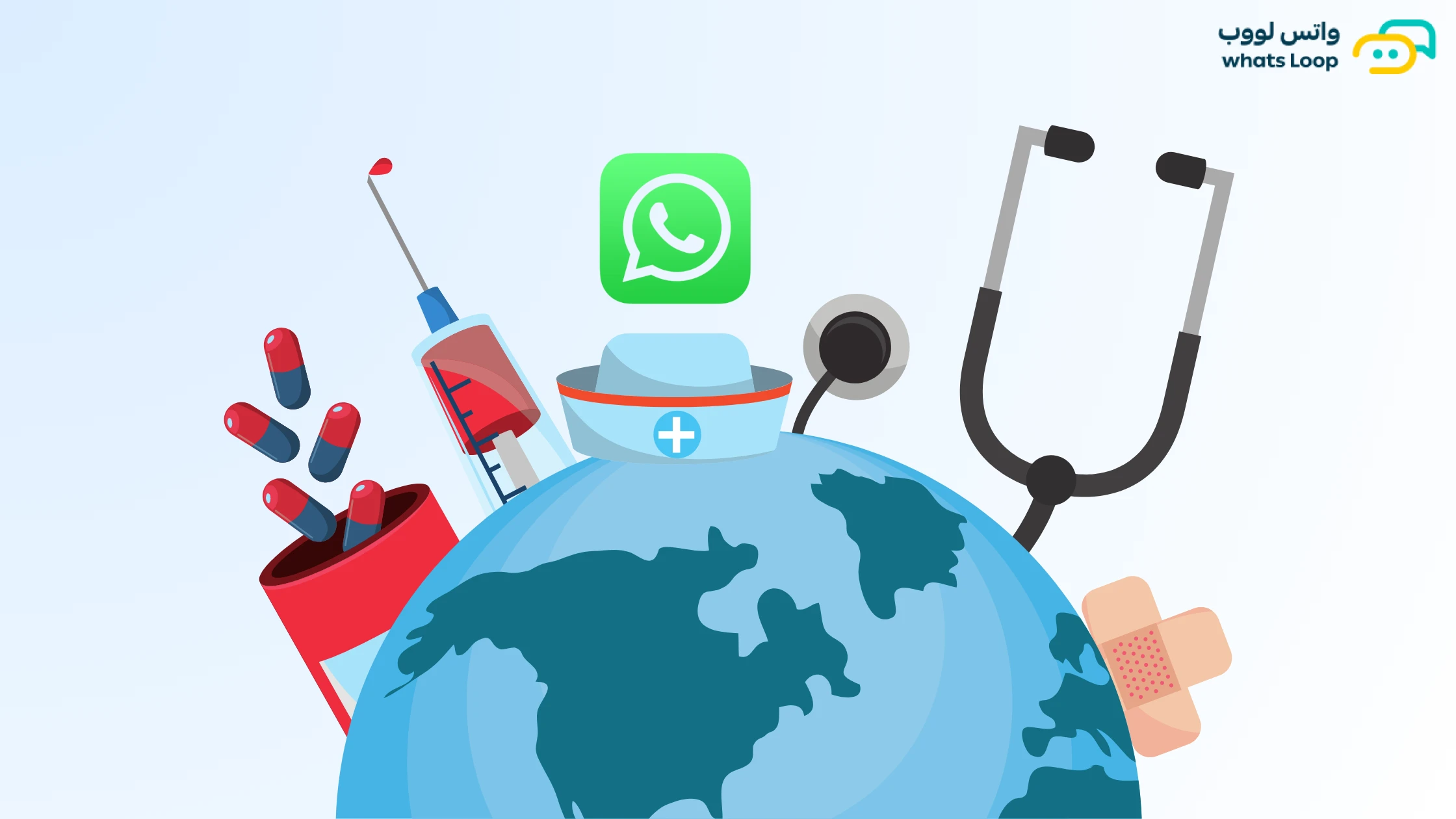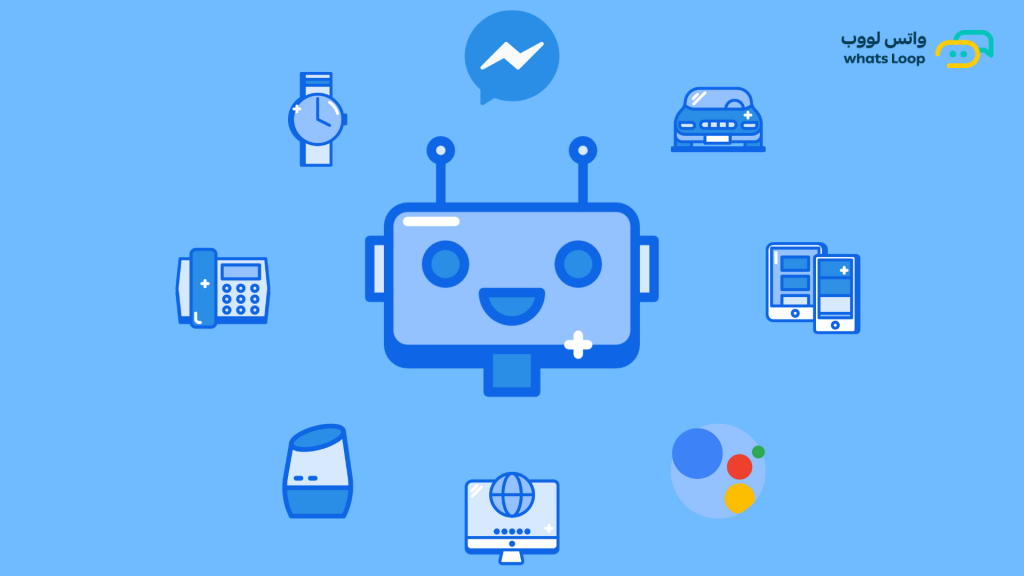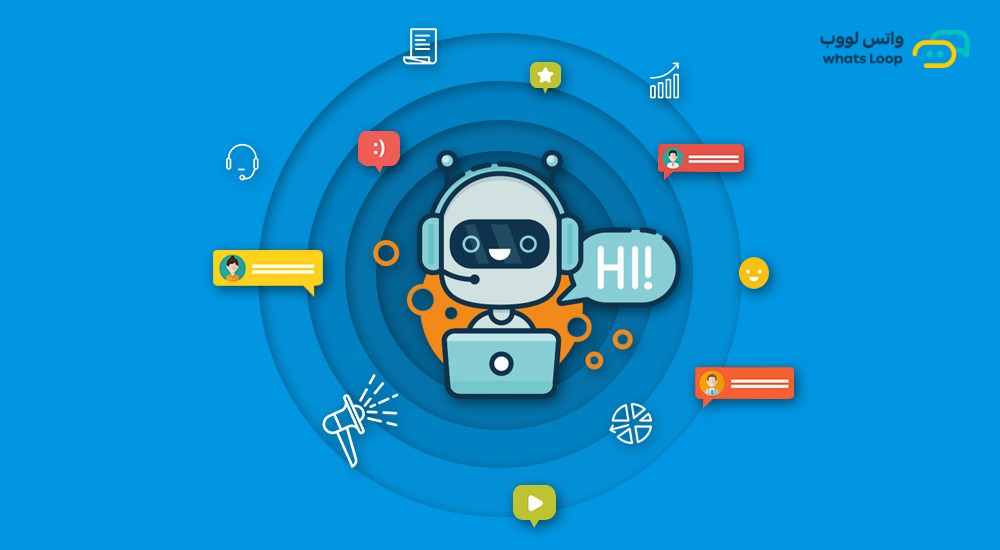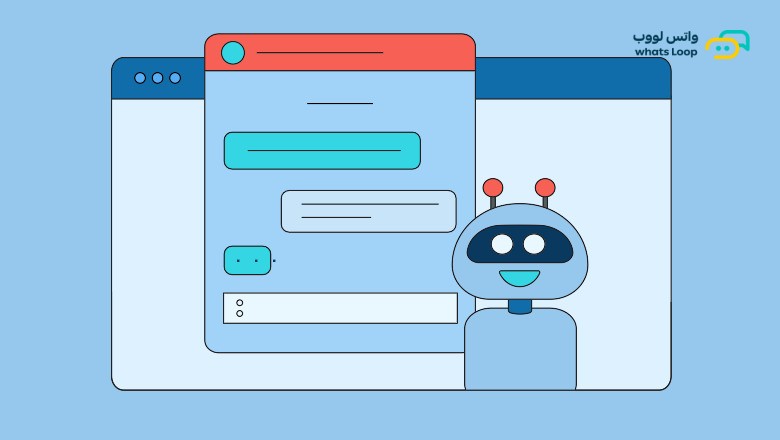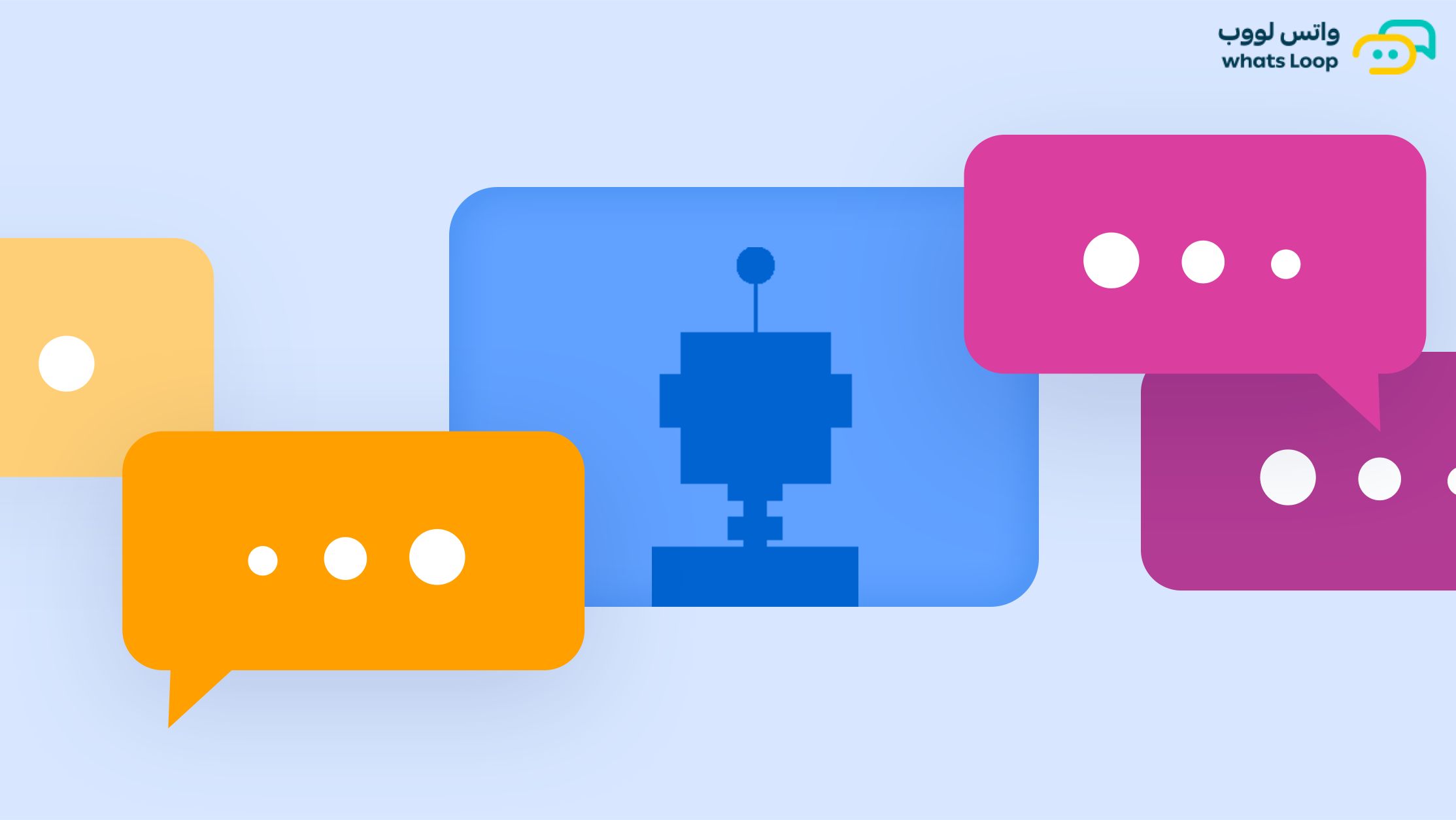The healthcare industry is undergoing a massive transformation thanks to innovative technologies including artificial intelligence. Artificial intelligence (AI) is a driver of innovation in healthcare, improving diagnosis, improving treatments, and providing effective and effective patient care. In this article, we'll look at some of the groundbreaking and amazing innovations that are leveraging AI in healthcare.
1. Accurate diagnosis using artificial intelligence:
Artificial intelligence in examining medical images:
Artificial intelligence technologies offer a tremendous improvement in the analysis of medical images. Doctors today use artificial intelligence systems to identify tumors more accurately in X-rays and MRIs, helping to identify diagnoses in less time.
2. Improve medical management using robots:
Robot-assisted surgery:
Robots equipped with artificial intelligence technologies provide incredible support in surgeries. This technology allows doctors to perform more precise and complex operations, reducing risk and speeding up recovery processes.
3. Improve communication and personal care:
Smart aids for home care:
Smart technologies such as AI assistants contribute to providing personalized care to patients in their homes. Smart assistants can monitor the patient's condition and provide medication reminders or doctor's appointments.
Artificial intelligence is driving incredible innovations in healthcare, enhancing accuracy and efficiency in diagnosis and treatment. As technology continues to evolve, further progress and innovation can be expected in this field, benefiting patients and health professionals alike.
Incredible innovations using AI in healthcare with WhatsLoop
The healthcare industry is currently evolving thanks to technological innovations, and one of these key innovations is the use of artificial intelligence. Artificial intelligence (AI) is a key driver of progress in healthcare, improving diagnostics and treatments, and delivering effective patient care. In this article, we'll look at some of the groundbreaking and amazing innovations that leverage AI, focusing on What's Loop's role in this context.
1. Accurate diagnosis using artificial intelligence:
Artificial Intelligence in Medical Image Analysis:
Artificial intelligence technologies offer a tremendous improvement in the analysis of medical images. Today's doctors use artificial intelligence systems, including WhatsLoop technologies, to identify tumors more accurately in X-rays and MRIs, helping to identify diagnoses in less time.
2. Improve medical management using robots:
Robot-assisted surgery and WhatsLoop :
Robots equipped with artificial intelligence technologies provide incredible support in surgeries. WhatsLoop can contribute to the implementation of more precise and complex operations, reducing risk and speeding up recovery processes.
3. Improve communication and personal care:
Smart Home Care Assistants with WhatsLoop :
Smart technologies such as AI assistants, including WhatsLoop , contribute to personalized patient care in their homes. Watts Lube can monitor the patient's condition and provide medication reminders or doctor's appointments.
Artificial intelligence, with technologies such as WhatsLoop , is a driver of groundbreaking innovations in healthcare, enhancing accuracy and efficiency in diagnosis and treatment. As technology continues to advance, further development and innovation can be expected in this area, benefiting patients and health professionals alike.
Technology, especially artificial intelligence, is revolutionizing healthcare, as recent innovations improve diagnosis and facilitate treatments. Artificial intelligence has a key role in providing effective and innovative care, and in this article, we will look at some of the pioneering and amazing innovations that rely on artificial intelligence in healthcare.
1. Smart diagnosis:
Improving accuracy in medical image analysis:
AI technologies offer tremendous improvements in medical image analysis, as they can detect small details and determine diagnoses with high accuracy. This contributes to identifying complex cases early and effectively guiding treatment.
2. Robotic assisted surgery:
Delicate and advanced surgeries:
Robots equipped with artificial intelligence contribute to the implementation of accurate and advanced surgeries. This technique can improve the accuracy of surgery and reduce recovery time, benefiting patients.
3. Advanced home care:
Innovative Home Care Systems:
AI applications in home care offer unique capabilities, such as helping patients take medications in a timely manner and monitoring personal health, enhancing patient comfort and reducing the burden of health care.
These dazzling innovations reflect the willingness of the medical community to innovatively exploit AI to improve the quality of healthcare. As technology continues to advance, we can expect more innovations that promote early diagnosis and effective treatment, contributing to improving the health of the community at large.
Smart Diagnosis:
In this section, the article deals with the use of advanced techniques to analyze medical images with high resolution. It highlights how AI can detect fine details in medical images, improving diagnostic accuracy and effectively guiding treatment.
Robotic assisted surgery:
This section highlights the benefits of using AI-equipped robots in surgeries. The article shows how robots can contribute to the implementation of delicate and complex surgeries, improving the patient experience and reducing the recovery time.
Sophisticated home care:
This part refers to how AI applications can be used to deliver advanced care at home. The article highlights the effectiveness of these apps in helping patients take their medications in a timely manner, and how digital systems can improve personal health status tracking, making them a valuable tool for home care.
In taking their medications in a timely manner, digital systems can improve personal health status tracking, making them a valuable tool for home care.
In this concluding part, the article expresses the importance of these innovations and how technological advances play a vital role in the development of healthcare. The article notes that AI-based innovations contribute to improving the overall quality of healthcare.
Added by WhatsLoop :
Throughout the article, references to specific technologies or platforms such as WhatsApp can be included to illustrate how these technologies can contribute to improving healthcare. For example, you could add a sentence like "WhatsLoop , an app that leverages AI to improve the patient experience and deliver accurate personalized care."
Smart Diagnosis:
The article highlights how AI techniques improve the screening and analysis of medical images. Practical examples show how these technologies can contribute to the detection of diseases with high accuracy, enhancing the ability to effectively describe diagnoses and provide treatment plans based on accurate data.
Robotic assisted surgery:
The article knows how robots equipped with artificial intelligence technologies can improve the quality of surgery. It emphasizes the accuracy and effectiveness of performing surgeries, with a focus on reducing risk and speeding up recovery thanks to these innovations.
Sophisticated home care:
The article reviews how AI applications can enhance care at home. It highlights how these apps, such as those that use WhatsLoop , can improve communication between patients and caregivers, contributing to improving the quality of home care.
The article concludes by emphasizing the growing importance of artificial intelligence technology in improving the field of healthcare. He points out that technological development in this area is key to the future, with more innovations expected to enhance the effectiveness of healthcare.
1. Smart diagnosis:
Improving accuracy in medical image analysis:
The article sheds more light on how artificial intelligence techniques are used to analyze medical images. It reviews how intelligent algorithms can identify small shapes and details in images, contributing to faster and accurate diagnosis of diseases.
2. Robotic assisted surgery:
Delicate and advanced surgeries:
The article reviews how robots equipped with artificial intelligence can improve surgical procedures. It shows how this technique can achieve higher accuracy in surgeries, leading to reduced risk and improved cure rates.
3. Advanced home care:
Innovative Home Care Systems:
The article highlights how AI applications, such as WhatsLoop , can benefit from cutting-edge home care. It is highlighted how to monitor the patient's state of health and automatically provide reminders of the drug.
Reference to the vital role of Watts Lobe:
The article has an extra touch by referring to WhatsLoop role in providing smart solutions to improve healthcare. Highlights how WhatsLoop can improve the patient experience and provide effective personalized care.
It is always preferable to edit the essay to fully match your requirements and achieve the goals you want. You can add additional information or modify the language to suit your style and vision.
1. Smart diagnosis:
Improving accuracy in medical image analysis:
The article details how artificial intelligence contributes to the development of the accuracy of medical image analysis. It highlights how advanced technologies in artificial intelligence can identify fine details in images and how they can improve overall diagnostic processes.
2. Robotic assisted surgery:
Delicate and advanced surgeries:
The article highlights how robot-assisted surgery can benefit from AI applications. It provides clarification on how robots can improve accuracy and efficiency in surgical procedures, focusing on the resulting benefits.
3. Advanced home care:
Innovative Home Care Systems:
The article provides an in-depth look at how AI applications can improve home care. It reviews how these technologies can provide advanced individualized care, including health monitoring and effective patient reminders.
Reference to the pivotal role of WhatsLoop:
The article concludes by emphasizing the great importance of artificial intelligence in the future of healthcare. The article addresses the role of WhatsLoop in particular, focusing on how it can have a pivotal impact in the development of healthcare technologies and improving the patient experience.
1. Smart diagnosis:
Improving accuracy in medical image analysis:
In this section, the article provides details on how advanced AI technologies can analyze medical images more accurately. It highlights how algorithms are used to identify fine details in images and improve diagnostic processes.
2. Robotic assisted surgery:
Delicate and advanced surgeries:
The article reviews in detail how robots equipped with artificial intelligence can perform accurate and advanced surgeries. Highlights how this technique improves the accuracy of surgery and reduces risk and recovery time.
3. Advanced home care:
Innovative Home Care Systems:
The article focuses on how to deliver AI applications in improving patient care at home. It explains how these apps, such as WhatsLoop , can monitor a patient's condition and provide accurate reminders of medication schedules and doctor's appointments.
Reference to the pivotal role of Watts Lobe:
The article concludes by emphasizing the pivotal role of WhatsLoop technology in providing a smart solution to improve healthcare. It highlights how this app can play a key role in improving the patient experience and comprehensively improving healthcare.
1. Smart diagnosis:
Improving accuracy in medical image analysis:
This part of the article highlights how AI techniques can be leveraged to improve the accuracy of medical image analysis. It stresses the importance of being able to identify exact details and arrive at an accurate diagnosis, enabling faster and more accurate treatment decisions.
2. Robotic assisted surgery:
Delicate and advanced surgeries:
This part shows how AI-equipped robots can achieve higher accuracy in surgeries. The article examines the benefits of using technology in this context, from reducing risk to improving the patient experience and speeding up recovery processes.
3. Advanced home care:
Innovative Home Care Systems:
The article continues by reviewing how AI applications, such as WhatsLoop , can improve the quality of home care. Highlights how to provide effective care at home by monitoring the patient's condition and providing medication alerts and medical appointments.
Reference to the pivotal role of WhatsLoop :
The article concludes by emphasizing the pivotal role of WhatsLoop in this context, shedding light on how this app integrates to achieve fundamental improvements in patient experience and healthcare effectiveness.
Be sure to customize the article to suit your individual requirements and focus on points that you consider important in the context of your topic.
.png)

